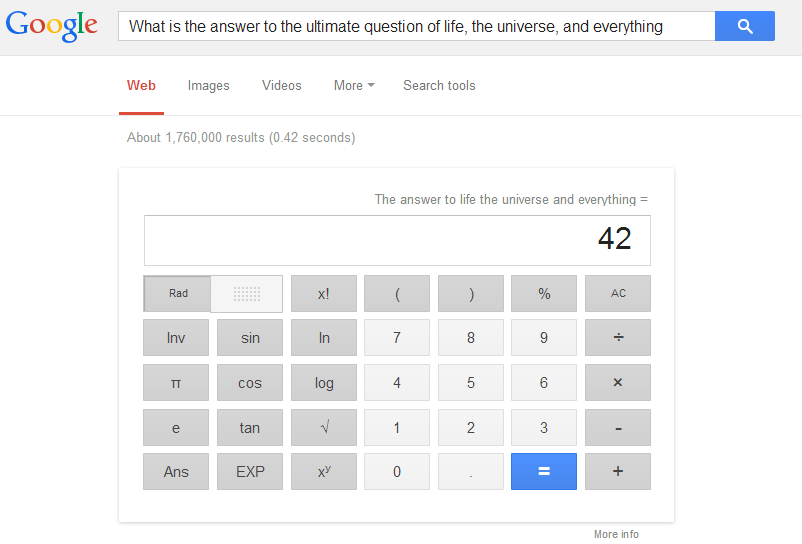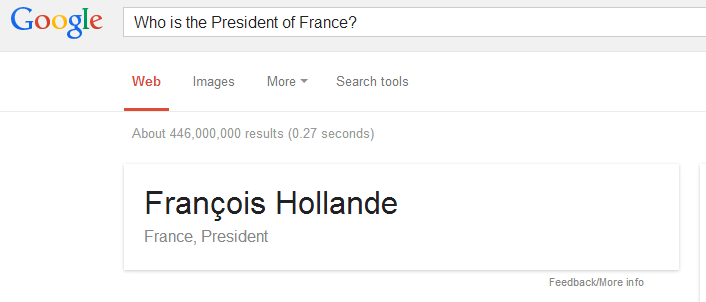Does the Length of Your Content Matter to Google?
This is one of the most pervasive questions in the world of SEO – does it matter how long your content is when you publish it? Does Google or Bing or any other search engine care how long it is? The answer is both yes and no.
Most People Believe This Absolutely
As a freelance writer, I’m regularly asked to write 1,000 words or more because there is a perception that the longer length matters to Google and will help an article to get indexed and even rank higher. There is a grain of truth there but it’s not the entirety of the truth and that’s where the problem comes in.
In fact, I have actually seen people claim that if a document doesn’t have at least 250 words, it will not be indexed by Google at all. There are also people who believe that a document which has fewer than 100 words won’t be indexed and people who insist on at least 500 words. So what’s the truth of the matter? Read on.
Semantic Indexing in Google
I’ve written in the past about how Google does their rankings today. They have a very sophisticate system capable of detecting semantics in language. This means that the search engine is capable of parsing real language and getting you an actual answer. For those interested in testing this, try putting into Google: What is the answer to the ultimate question of life, the universe, and everything? The answer appears below.

Okay, so that’s just a silly thing that Google’s programmers put into their system as a kind of an Easter egg. I just wanted to share it because it’s funny. But seriously, if you ask Google real world questions, it will often respond with an actual answer. For example, if you ask Google “Who is the President of France?” you’ll get this answer:

What this means is that Google’s algorithm is sophisticated enough to actually read what you wrote in your blog post or articles or whatever and to actually figure out whether or not what you wrote should be considered “quality” content.
Quality, Not Quantity
Google is a business. It’s not a public utility and it doesn’t exist for the good of webmasters the world over. If Google could make the same money without ever having to provide links to our websites as they make by doing so, I guarantee 100% that they would stop indexing websites altogether. The reason they index sites is that they are trying to make money, just like anyone else.
The way they do this is by providing a service to the people who come to visit their website. The service that is provided is a search engine which allows people to find the answers to questions that they may have or the place to shop for something. In essence, they’re a giant referral business who make their money from selling ads alongside the search results.
Now for those who haven’t been involved with the Internet for a while, it may come as a surprise that Google was not always the dominant player in search. Back when I was first starting to learn about the Internet, in the late 1990s, the pre-eminent search engine was called Alta Vista. It was then supplanted by the Yahoo search engine, which was dominant for the end of the 20th century and the beginning of the 21st. Google’s domination of search has only existed for about 10 years or so.
The reason that Google was able to supplant Yahoo was simple: they provided a better experience for users than Yahoo did. Google was the first search engine to employ a multitude of different indicators (called Page Rank – we talked about this in the past) to decide which pages were more relevant to their customers.
Google maintains its status as the top search engine by continuing to refine its algorithms, most recently, by trying to eliminate spam and increase the number of high quality articles in a search result. They do this by using the aforementioned semantic indexing which lets the system filter out obvious spam results. Don’t ask me how they program for this because I frankly haven’t a clue how it’s done. I just know they do it.
This means that the single most important thing as far as Google is concerned is quality, not quantity. If you were to put up a 2,000 word article which was very poorly written, Google’s system is sophisticated enough to detect that and to trash your rankings. Similarly, if you put up a 100 word article which is really well written and answers a question, Google will detect that and rank it accordingly.
So Word Count Doesn’t Matter at All?
Not exactly. Here’s why I said above that the answer to the question of length was a yes and no answer. There are times when you don’t need more than a paragraph to precisely and completely answer a simple question. For example, if anyone is confused about the number 42 above, the answer is:
In the film (there’s a series of books too, which the film is based on), Hitchhiker’s Guide to the Galaxy, space faring mice created a super computer to answer the question, what is the answer to the ultimate question of life, the universe, and everything? The computer came back with an answer: 42. The rest of the book describes how the protagonists of the book deal with this and other challenges.
Now, the above provides a concise answer to the question but of course, it could be expanded to explain all the minutia of the book series and exactly why the number 42 is computed, but that’s not the question. On the other hand, if you really wanted a fuller answer, it’s reasonable to assume that you would need a much longer answer than I can give in a single paragraph.
Google’s engineers are aware of this and so they consider word count as one of a great many different factors to look at in order to decide just how relevant any given piece of writing should be to a query.
Bottom Line
Worry first and foremost about answering a question fully by writing whatever needs to be said to answer whatever it is that your title claims it’s answering. Word count should be an afterthought for you though it does have some relevance.


